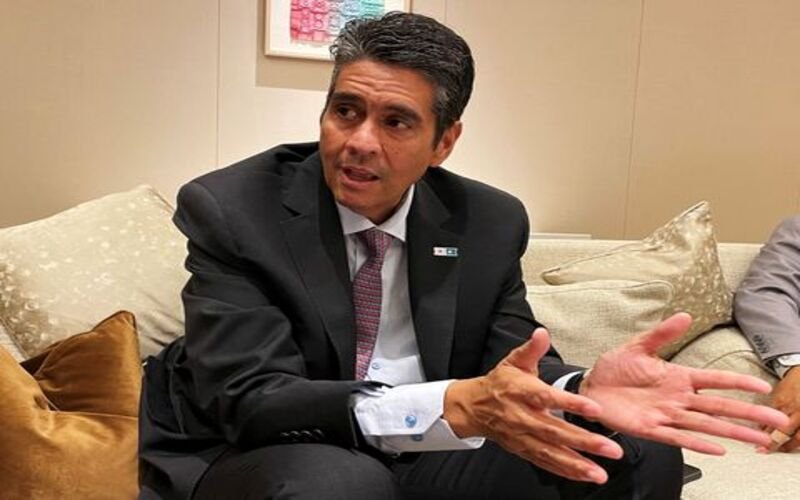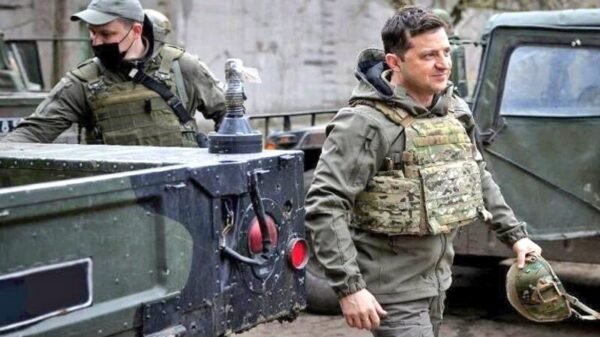Palau wants more U.S. patrols after Chinese invasions. After multiple Chinese vessel incursions into Palau’s exclusive economic zone, President Surangel Whipps Jr. told Reuters that the U.S. should increase patrols.
Whipps Jr. also said he would welcome a larger U.S. military presence in the country, with troops stationed alongside coastguard and civil action teams, as Washington and Beijing compete for influence in the vital region.
“No matter what, we’re going to be in the centre of whatever’s happening, so it’s important that we’re protected,” Whipps Jr. said during a Wednesday visit to Tokyo, adding, “to get peace, you have to project strength.”
The Pentagon and China’s foreign ministry did not immediately respond.
Palau, Micronesia, and the Marshall Islands have decades-old pacts with Washington that allow the U.S. to defend and aid them.
The U.S., Australia, and New Zealand were startled last year when China signed a security arrangement with the Solomon Islands. In May, Washington signed a defense cooperation deal with Papua New Guinea.
Whipps Jr. claimed Palau observed Chinese vessels in its waters last month, including one that looked to be investigating an area near necessary fiber optic cables.
He would discuss the invasions at the November Pacific Islands Forum leaders summit. China’s request to strike a security and commerce accord with 10 of the group’s 18 members was denied last year.
U.S. Defense Secretary Lloyd Austin commended “small island states” like Palau in a speech in Singapore earlier this month and a 2021 meeting with Whipps Jr.
By 2026, the U.S. will construct over-the-horizon radar in Palau, which has held military exercises.
Whipps Jr. visited the Fukushima Dai-ichi Nuclear Power Plant, which suffered a triple-core meltdown after a 2011 tsunami.
This summer, Japan’s nuclear power station will spill a million tonnes of water into the Pacific Ocean. The water will have most of its radioactivity removed and be diluted to internationally permitted levels, but tritium, a difficult isotope to isolate from water, will remain.
Local fishermen and neighboring countries like South Korea, China, and Pacific island nations have criticized the initiative.
However, Whipps Jr. indicated he supported the plan and believed regional opposition was diminishing.
“We’ve decided to support them,” he stated.


















































Comment Template